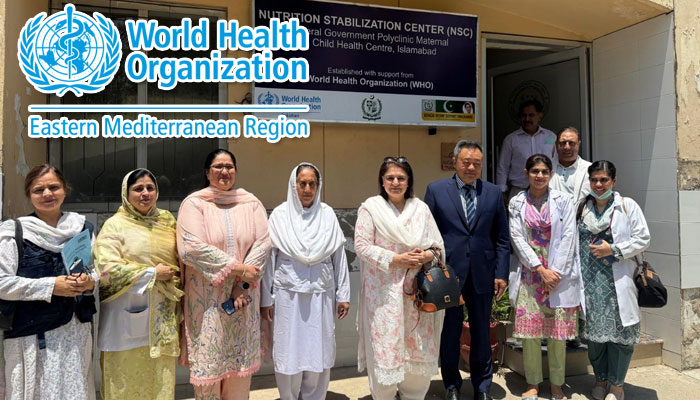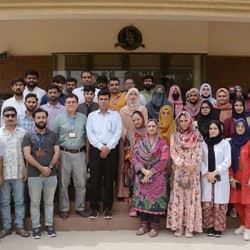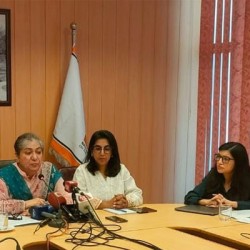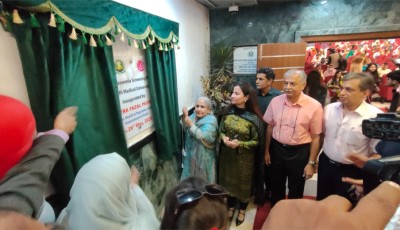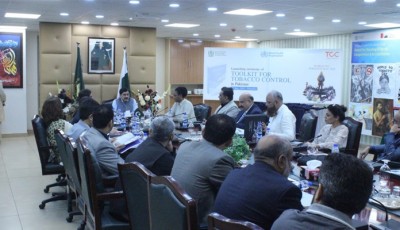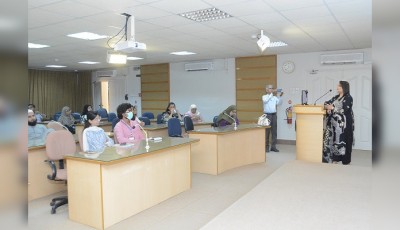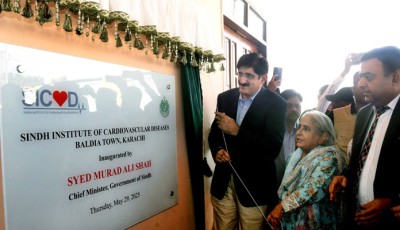ISLAMABAD: The World Health Organization (WHO) and Pakistan’s Benazir Income Support Programme (BISP) have reaffirmed their commitment to combat child malnutrition in Pakistan, jointly treating 43,000 children under two years of age each year through 169 Nutrition Stabilization Centres (NSCs) nationwide. The organizations aim to expand this partnership to reach even more vulnerable children.
In a visit to the NSC at the Federal Government Polyclinic Hospital, BISP Chairperson Senator Rubina Khalid and WHO Representative Dr. Dapeng Luo discussed plans to enhance collaboration. Senator Khalid emphasized the need for early intervention and community awareness, stating, “Healthy mothers and children are the foundation of a strong and prosperous Pakistan.”
Since 2022, under the Benazir Nashonuma programme, WHO-supported, BISP-funded centres have treated 46,000 children and counseled over 64,000 mothers and caregivers. In 2025, WHO will support 199 NSCs – including 169 funded by BISP – with the aim to treat up to 80,000 children and counsel 120,000 caregivers.
Dr. Dapeng Luo lauded the program’s 98% recovery rate – significantly higher than the 75% international benchmark. “Even one child lost is too many. WHO will continue to support BISP to reach every child, especially as climate change worsens malnutrition in Pakistan,” he said.
The WHO’s support encompasses technical guidance, infrastructure, human resources, therapeutic supplies, and capacity-building. It also coordinates with WFP and UNICEF for early detection and referral of cases.
Despite the progress, Pakistan remains one of the ten countries where over half of the children under five suffer from stunting or wasting. With 40% of children under five stunted and 17.7% wasted, the national burden is significant – amounting to an estimated annual economic loss of USD 17 billion, or 6.4% of the country’s Gross National Income (GNI).
The partnership between WHO and BISP reflects a united response to a national crisis, aiming not just to save lives, but to build a healthier future for Pakistan’s children.
